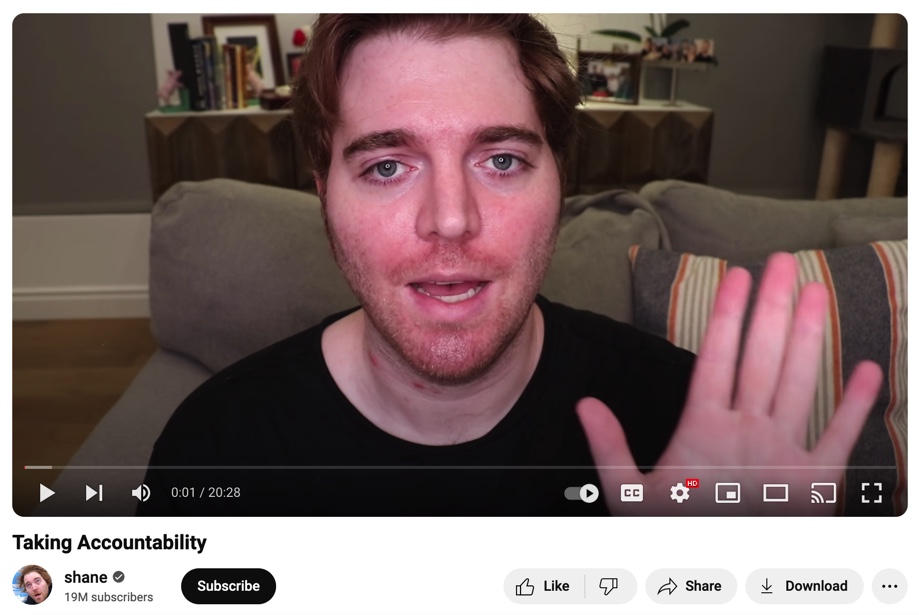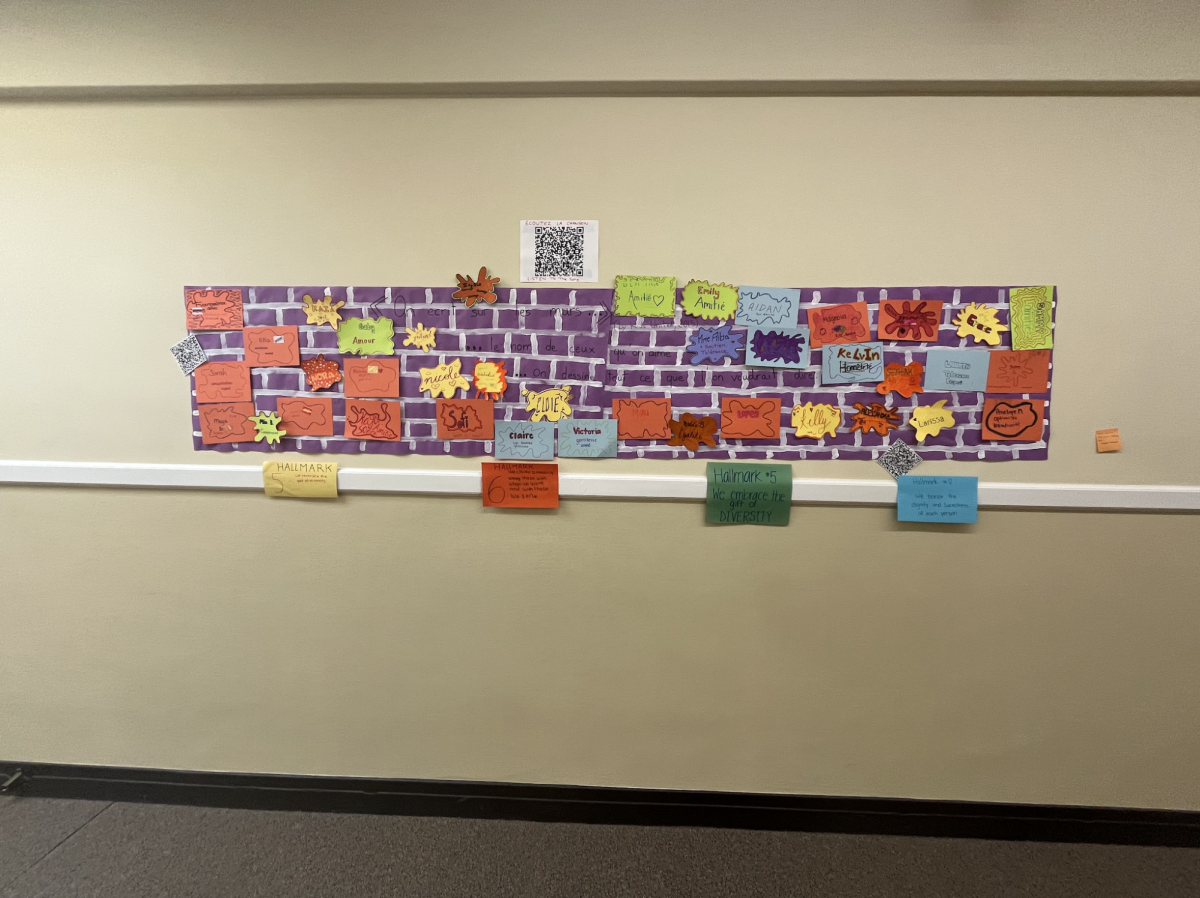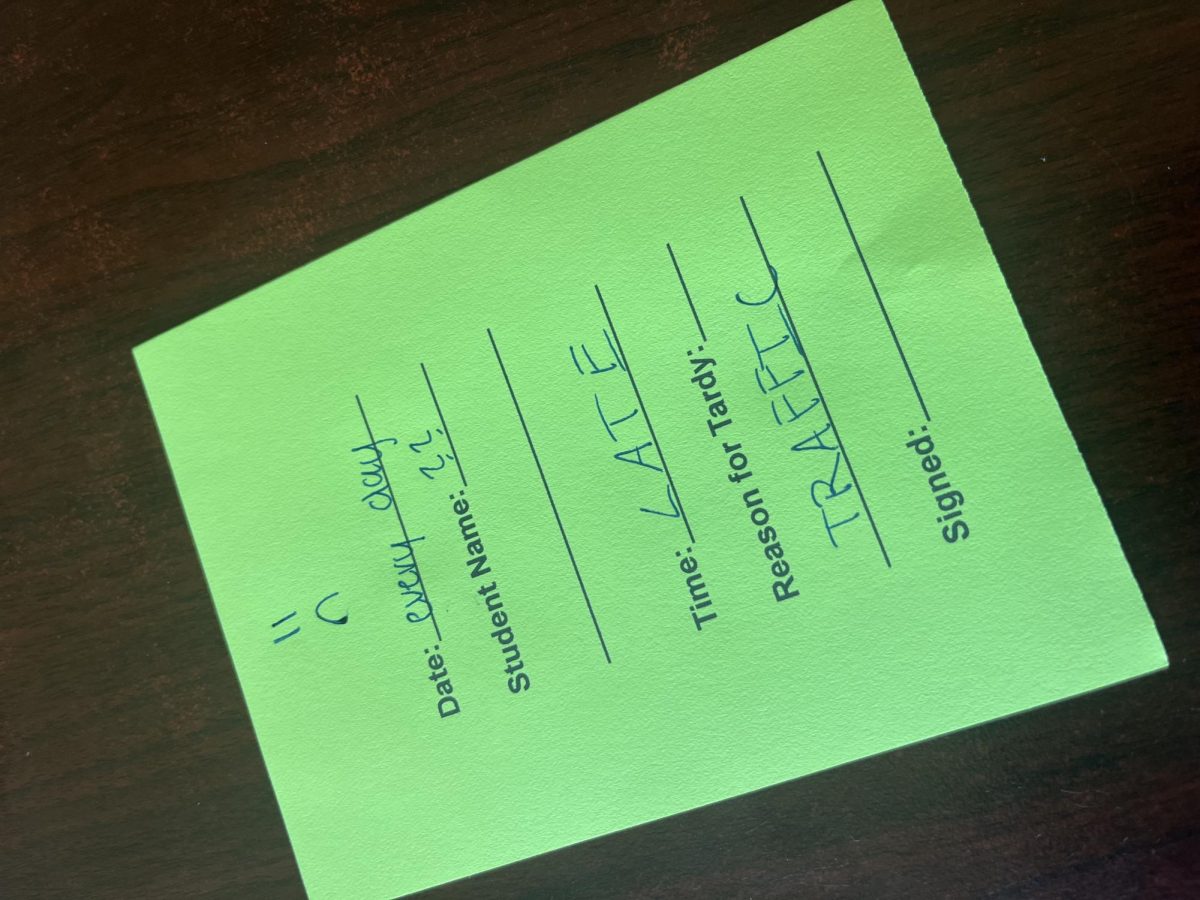When asked to name anyone who has been canceled, it is possible that more than one person comes to mind. Even though the conversation about the practice has slowed, canceling influencers remains prevalent on various social media platforms.
Cancel culture has been out of the conversation because it has infiltrated society’s practices. The amount of times it has happened is what urges social media users to find an easy solution: spewing hatred into the creator’s comment section, instead of giving them resources.
The negativity that follows the practice only worsens environments on social media platforms. Rather than immediately ridding them of their influential platforms, their wrongdoing gives them the opportunity to be educated on the topic and even educate their followers on better behavior.
What many social media users fail to recognize are the unrealistic standards creators are held to. To expect them to remain perfect dehumanizes them when, in reality, they deserve to be treated as human. Like the viewers scrolling through their explore pages, they, too, are constantly learning and receiving new life experiences. To assume that they, too, receive the same experiences as we do is close-minded.
People’s backgrounds are what mold our knowledge on what to say, what not to say and how to act. Social media creators will, as everyone else does, have unique experiences which would most definitely lead them to have less or more awareness on certain topics.
When it comes to learning from mistakes, any typical person is allocated the opportunity to better themselves and to return with a deeper knowledge of what they did wrong. The pressure these creators face only rushes the process, robbing them of a complete reflection of their actions. Forcing an apology video prematurely has a risk of the creator remaining misinformed.
However, giving a creator the space and time to create change does not mean they get a pass. Just how viewers are quick to criticize, they are also quick to glorify. These influencers are coined to influence for a reason. Many die-hard fans tend to turn a blind eye to the wrongdoings of their idols.
While cancel culture seems to solve the issue of adamant followers, the practice is only contradictory to the lesson. The censorship of such mistakes from the media influences a cycle. Per human nature, social media users should be influenced into learning from their own mistakes and that of others. Setting such a precedent is nonexistent with cancel culture prevailing.
Normalizing cancel culture is what blinds us from seeing the problem. It happens so often that the issue is usually never addressed or is not sincerely researched. While times may come where taking away an influencer’s platform is necessary, to turn the situation around will be beneficial for the internet.
The downfall of cancel culture is its inability to be productive. Setting a better example for the remainder of consumers will be reachable if we, as the audience, allowed for creators to develop a deeper understanding of the influence they have and their ability to fix a mistake. When neglected, the erasure of the explanations and lessons only leaves room for repetition. It is crucial to sever cancel culture’s grasp on social media and viewer practices in order to establish a healthier environment online.






